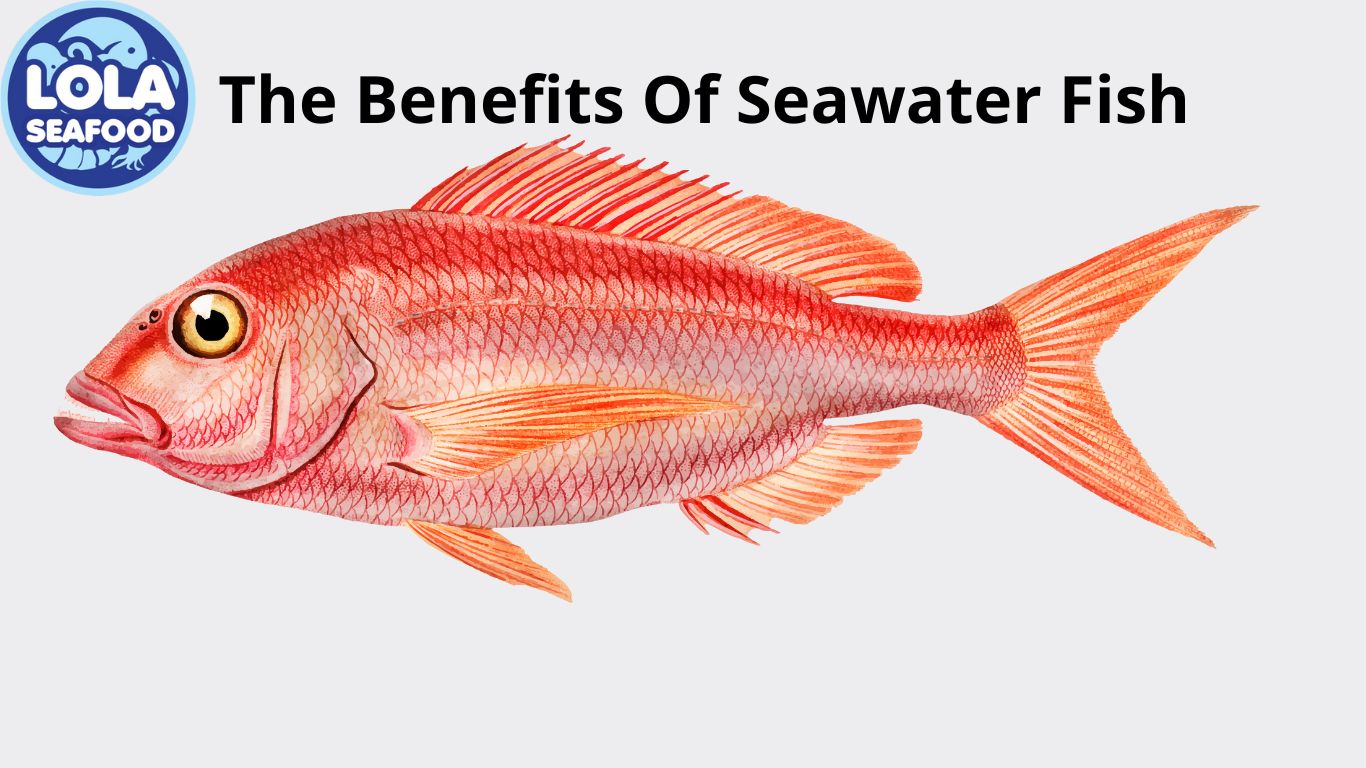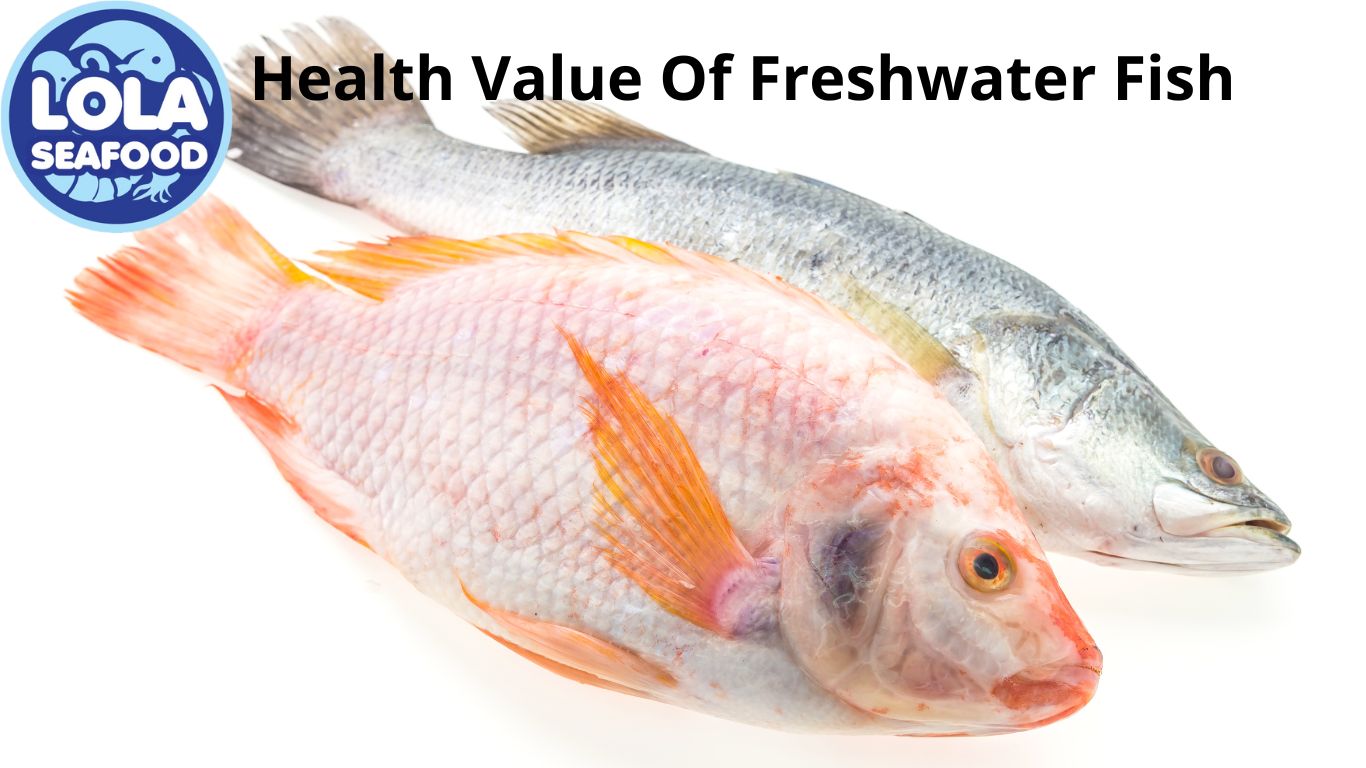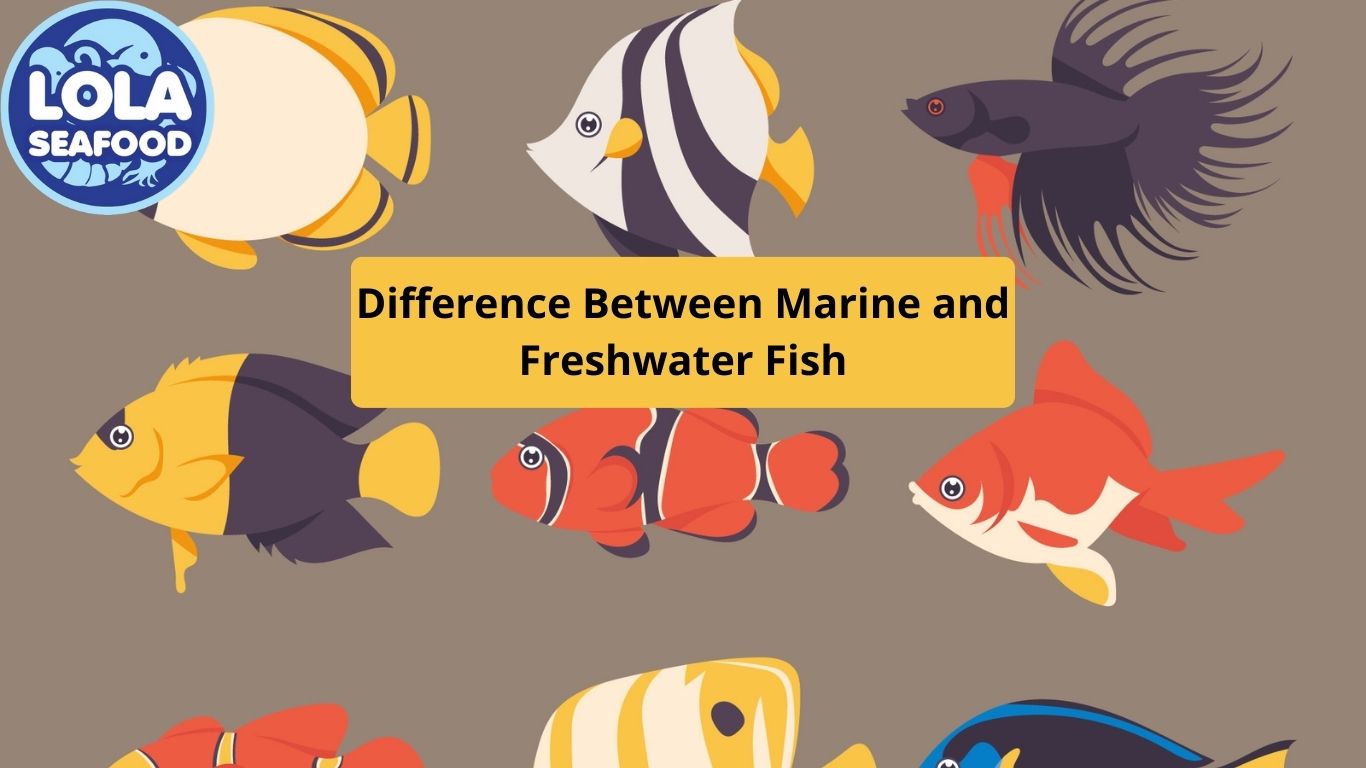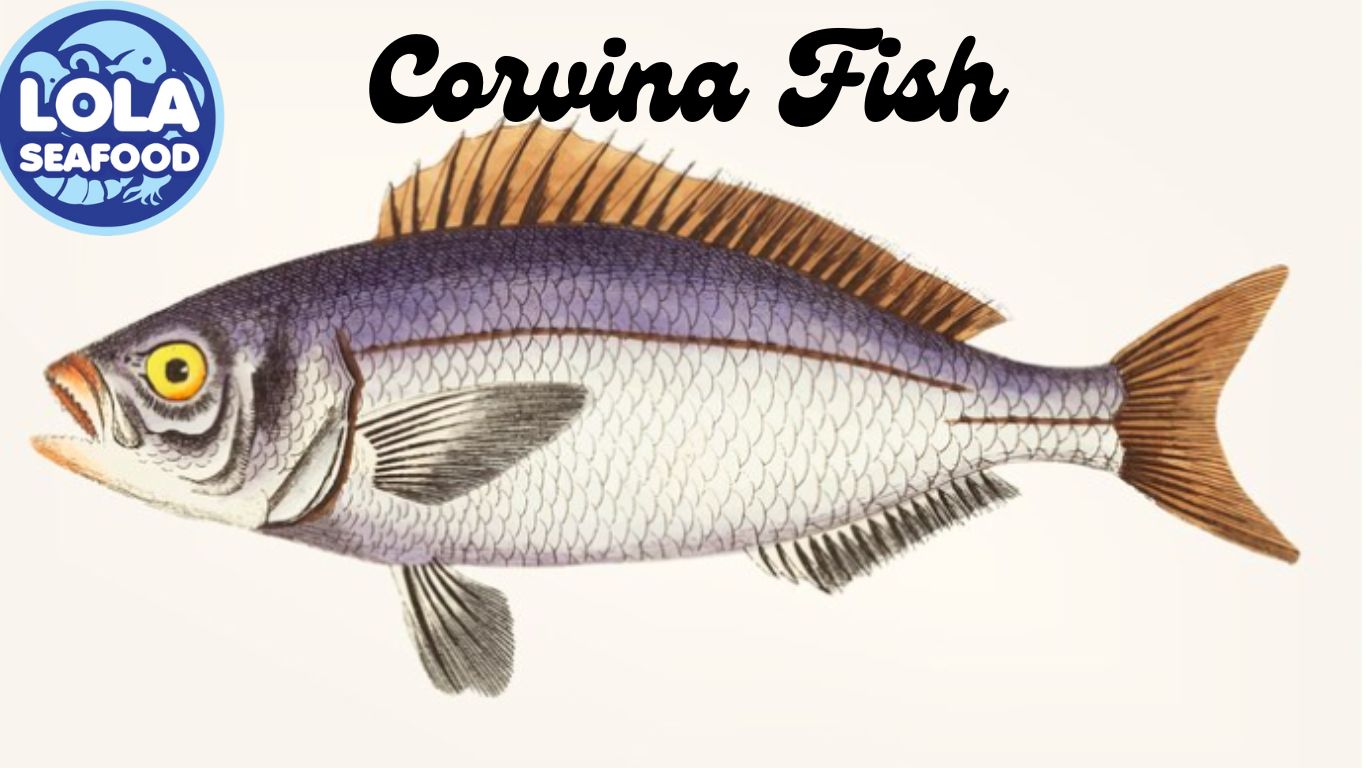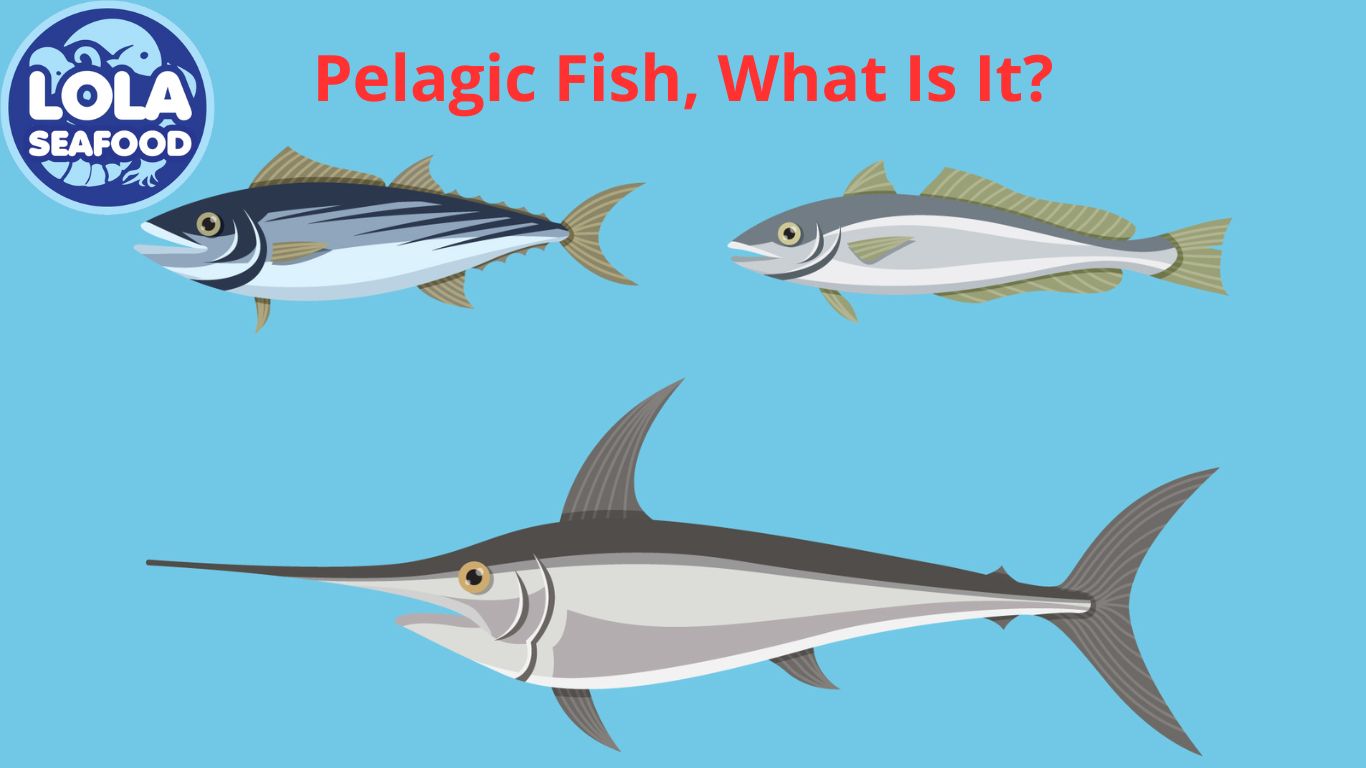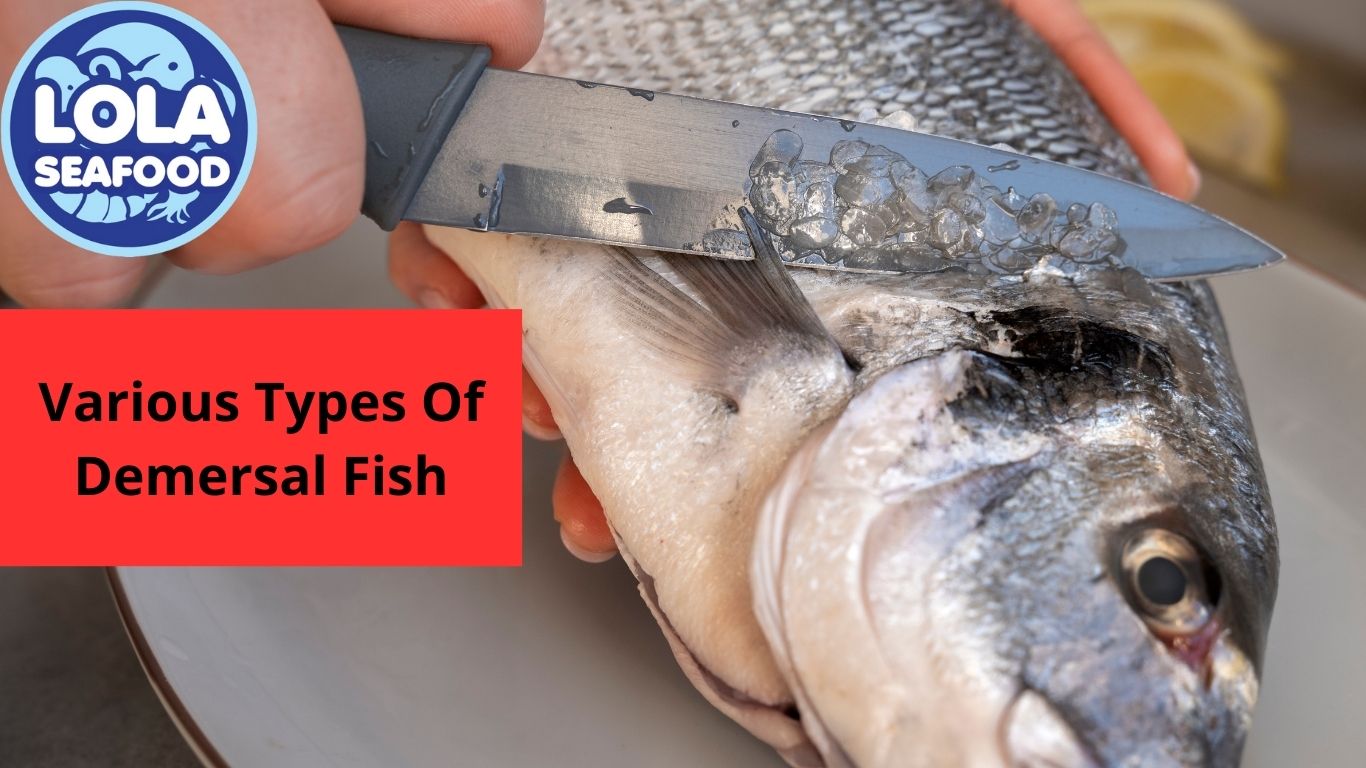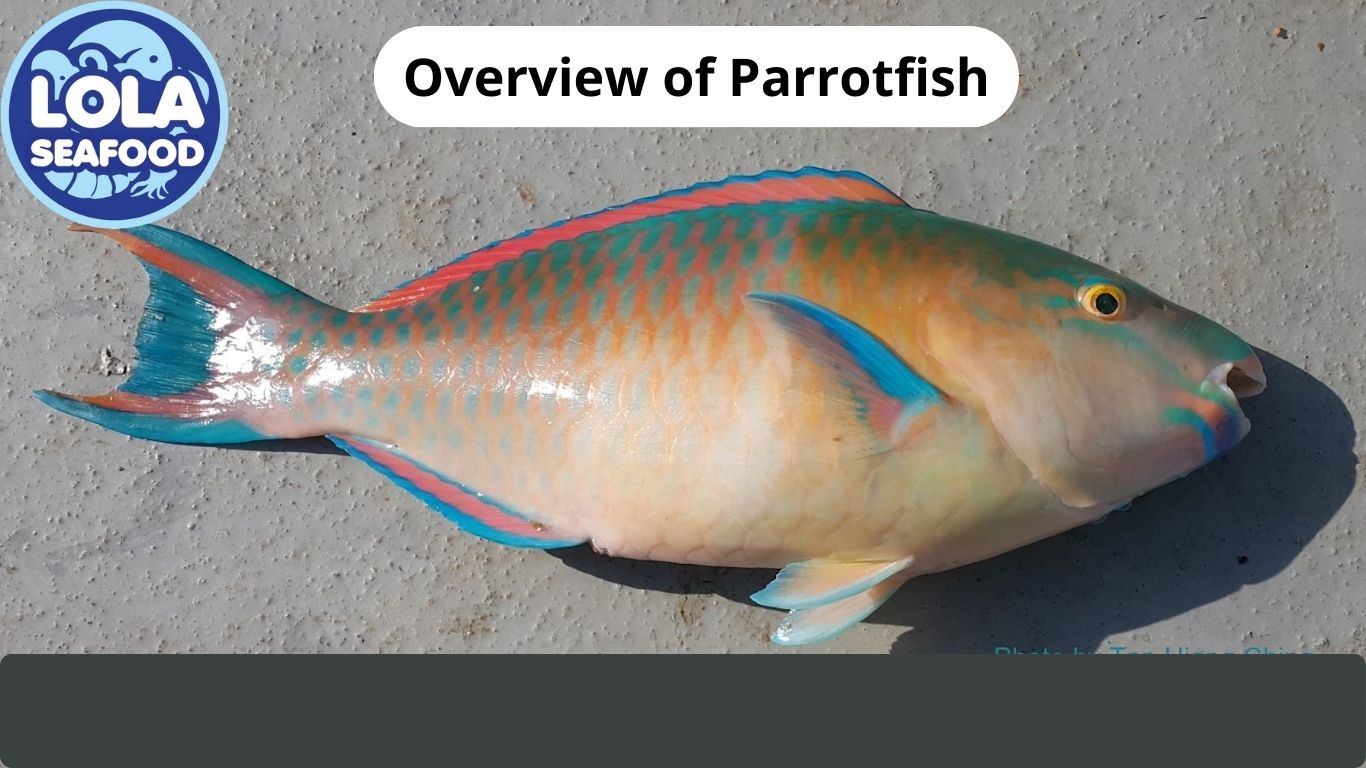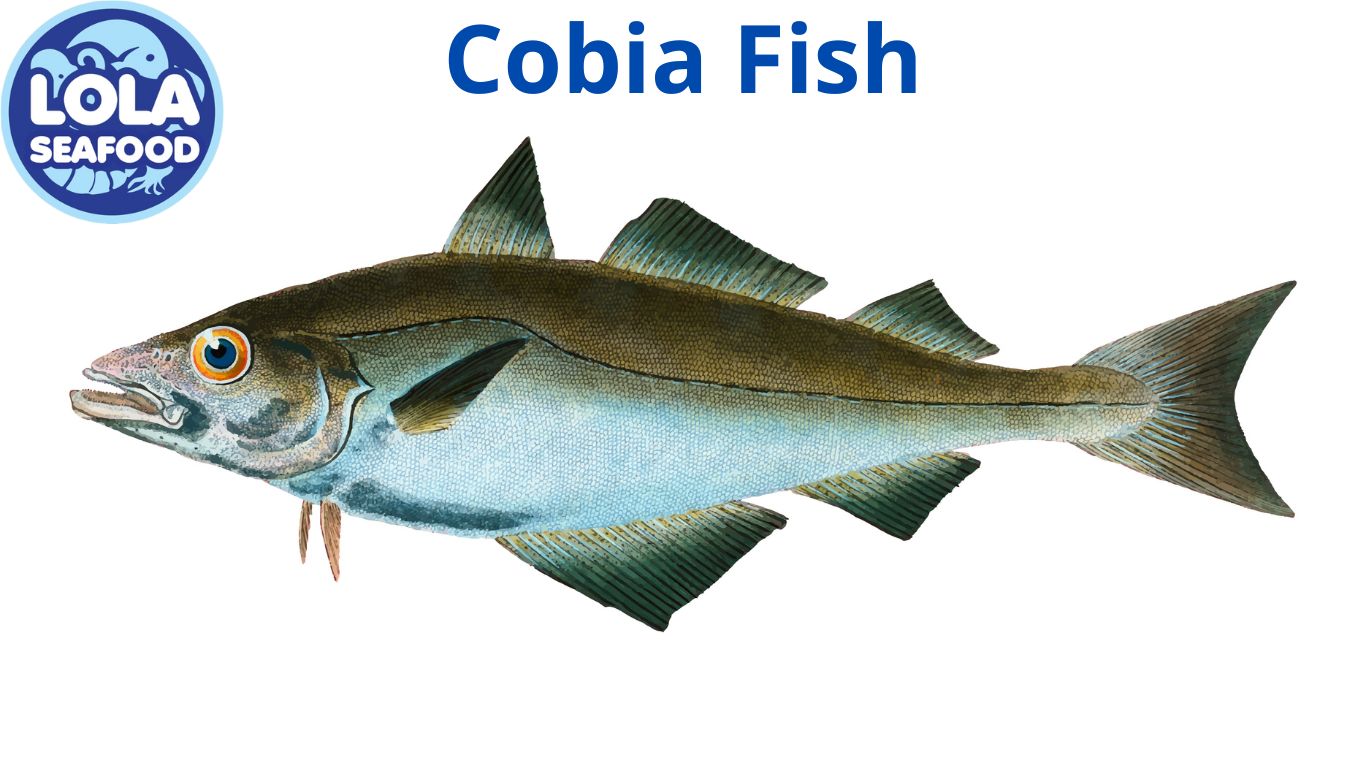Grouper Fish
By. Najih - 19 Nov 2024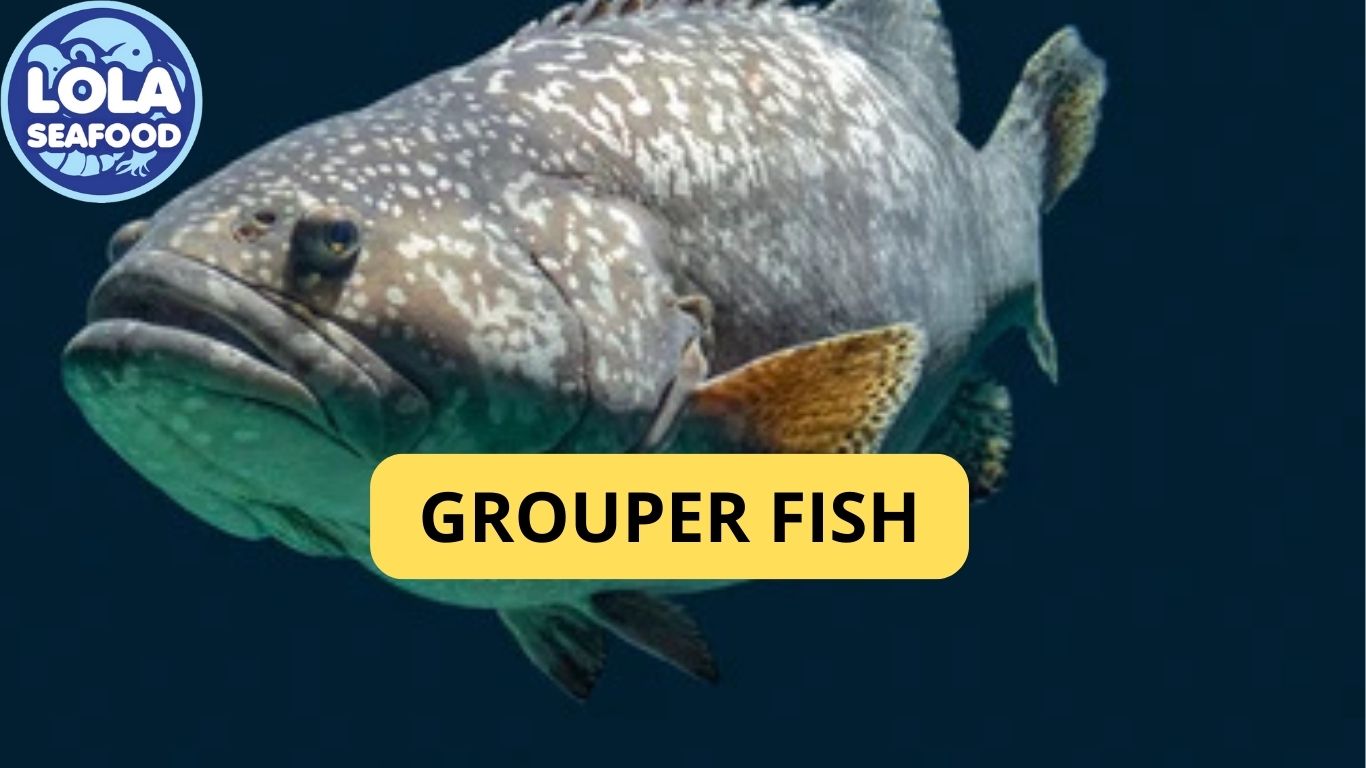
Groupers are large, heavy-bodied fish belonging to the family Serranidae, commonly found in warm seas. They are known for their mild flavour and are popular among both recreational fishermen and seafood lovers. Groupers can grow quite large, with some species reaching lengths of up to 6 feet and living for several decades. Here are some key points about grouper fish:
Species and Characteristics
- Groupers belong primarily to the genera Epinephelus and Mycteroperca.
- They typically have stout bodies and large mouths, which are adapted for swallowing prey rather than biting.
- Many species are protogynous hermaphrodites, meaning they start life as females and can change to males as they mature.
- The Atlantic goliath grouper (Epinephelus Itajara) is one of the largest species, capable of reaching lengths of over 8 feet and weights of up to 1,000 pounds.
Habitat and Distribution
- Groupers are widely distributed in warm seas, often found in coral reefs and rocky areas.
- They are known to inhabit depths ranging from shallow waters to deeper oceanic environments.
Diet and Feeding Behaviour
- Groupers primarily feed on fish, octopuses, and crustaceans.
- They use a powerful vacuum created by their mouths and gills to draw in prey from a distance.
- Some species are known to cooperate with other predators, such as moray eels, to hunt more effectively.
Culinary Value
- Groupers are considered prime food fish, known for their firm, moist, and flaky white meat.
- The flavour is mild yet distinct, often compared to bass or halibut, with some varieties being sweeter than others.
- They are commonly sold alive in markets, especially in regions where they are popular seafood.
Conservation and Management
- Many grouper populations are subject to fishing regulations to ensure sustainable practices.
- Some species are overfished, while others are managed under rebuilding plans to promote population growth.
- Groupers are also known to be a source of ciguatera fish poisoning, which can occur when they consume toxic algae.
Cultural Significance
- The term "grouper" is derived from the Portuguese word "garoupa," and various cultures have their own names for these fish.
- In the Middle East, they are known as 'hammour,' while in the Philippines, they are called 'lapu-lapu.'
Groupers are not only important ecologically but also hold significant value in culinary traditions around the world.
